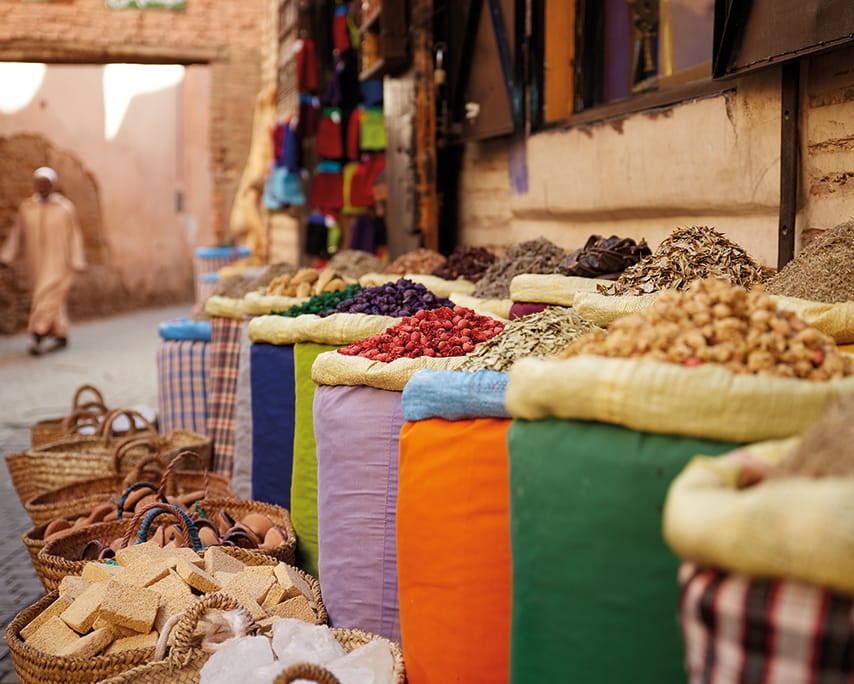Employing value addition to mitigate against food loss and waste
In the African context, employing value addition to mitigate food loss and waste presents diverse opportunities for economic growth, enhanced food security, environmental sustainability, and cultural preservation. However, unlocking the full potential of value addition requires coordinated efforts from governments, the private sector, development partners, and international organisations. These efforts must address gaps in infrastructure, financing, and education. With the right policies and investments, value addition can transform Africa’s agricultural sector, enabling the continent to meet its food needs and become a major player in global food markets.
As the world commemorate the International Day of Awareness of Food Loss and Waste, this is a significant occasion for Africa to consider how value addition—enhancing the worth of agricultural products—can help secure food supplies for the future. It is also a time to highlights the connection between reducing food waste, improving food security, and promoting sustainability in agriculture. The African continent needs to adopt sustainable farming practices to ensure that it can adequately feed its people over time.
Food insecurity affects millions across Africa, but reducing food loss and waste through value addition can significantly improve food availability and resilience. Farmers and communities can store food for leaner seasons by processing surplus produce during peak harvest times, stabilising supplies year-round. This also diversifies diets and improves nutrition since processed products often retain their nutrients and can be distributed to regions where fresh produce is scarce. Furthermore, value addition may be crucial for mitigating the effects of climate change and the unpredictability of agricultural cycles that exacerbate food loss.
Post-harvest losses in developing countries are staggering, with up to 40% of food produced lost before reaching consumers. The urgent need to address this issue is where value addition can be crucial. Value addition can significantly reduce these losses by transforming perishable products into items with longer shelf lives. For instance, fruits can be turned into juices, dried snacks, or jams, while grains can be processed into flour or stored with better packaging. This reduces waste at both the farm and consumer levels. The African Union’s Malabo Declaration on Accelerated Agricultural Growth and Transformation recognises the need to reduce post-harvest losses, and value addition is one of the key strategies identified to achieve this goal by creating efficient supply chains that ensure food reaches more people.
Value addition also creates vast economic opportunities, especially for smallholder farmers, agro-entrepreneurs, and rural communities. Processing raw agricultural produce locally—whether turning cassava into flour or tomatoes into a paste—helps farmers increase their income while reducing dependence on volatile global markets for raw products. Additionally, value addition stimulates job creation in the processing, packaging, and distribution sectors, thereby strengthening local economies. Countries that invest in agro-processing industries stand to scale up local production and reduce reliance on imported goods. For example, developing small-scale processing plants for fruits, grains, and dairy could turn post-harvest losses into marketable products, enhancing food availability and boosting farmers’ incomes.
Governments across Africa play an essential role in promoting value addition. Policymakers can foster this through subsidies, tax incentives, and the establishment of agro-processing zones. Regulatory frameworks that ensure quality standards for processed goods will build consumer confidence and unlock export opportunities for African products. Platforms like the African Continental Free Trade Area (AfCFTA) can further promote intra-African trade in processed foods, bolstering value-addition industries and reducing the continent’s reliance on exporting raw materials.
The International Day of Awareness of Food Loss and Waste provides Africa with a valuable opportunity to reflect on the importance of value addition in securing future food supplies and promoting sustainable agricultural practices that ensure the continent can effectively feed its population.



